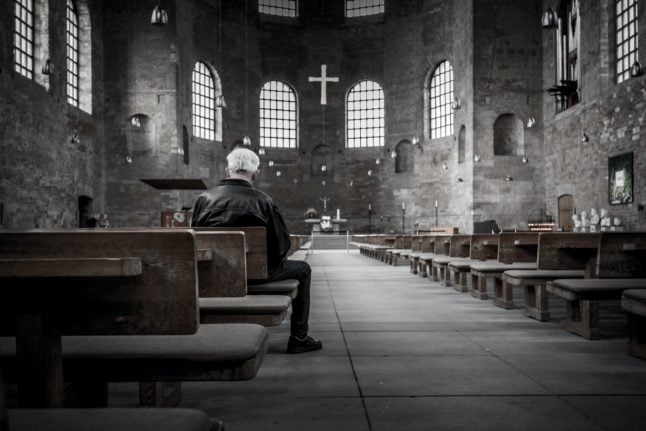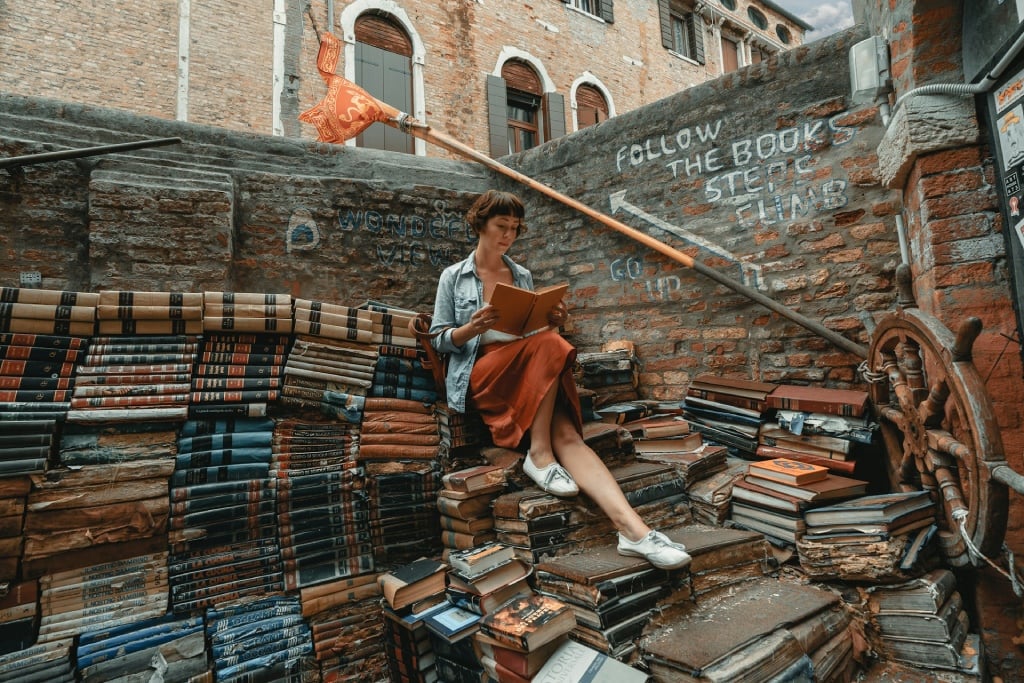Most Italians are renowned for their spirituality and fervent Catholicism, but many more for being extra superstition. All day long, they do little gestures and carry amulets in their wallets to ward off jinx. Many expat friends of mine are baffled by this, but it’s no paradox.
I myself follow the standard anti-jinx etiquette: I avoid crossing the street if a black cat just ran by, traveling Tuesday 17 and Friday 13, spilling salt on the table, placing a hat on the bed and sleeping with my feet towards the door (the latter two indicate probable death).
But I’m also very religious.
So after studying the topic at university and traveling to the deep south where ‘mystical paganism’ survives, I discovered that it is precisely the spirituality of most Italians that justifies, and reinforces, their crazy superstitious beliefs which hail back millennia.
When Catholicism dawned, it overlapped with pagan rituals, divinities and festivities incorporating them and giving them a ‘new look’.
In Italy superstition is a flourishing business with a turnover of roughly €8 billion each year.
READ ALSO: Unlucky Friday 17th – The Italian superstitions you need to be aware of
The harder the times, the more the despair, the higher the profits made from tarot readers, amulets, pocket-size red bull horns jewellery, chilli pepper necklaces and garlic braids to hang on kitchen walls, all believed to keep the devil away.
Naples is the centre of such factory (an entire neighbourhood makes anti-jinx statuettes and even funny chocolate bars). And there’s a town in the deep south so famed for being cursed nobody even mentions its name (I’m scared of writing it) over fear of being doomed.
But there are “healers” out there. In many isolated hamlets across Italy there are people who self-define themselves as “wizards” and “good witches” (called masche) stressing they can “cure” people with esoteric chants, prayers, herbs.
I had the chance lately to tour Langhe’s unknown woods where old ladies say they can “heal” skin diseases. I met a young 21-year-old masca who said she had just come of age to learn how to practice the spells from her dying grandma: with two fingers shaped as scissors, she signs the forehead of a person with skin rashes, ‘cutting-off’ the “evil” that caused the disease. It is a power passed down solely through the women of a same family. The young witch claimed to me that one day she woke up and could feel electricity run through her fingers, admitting she still felt clumsy in undoing spells.
On another occasion, in the rural wilderness near the town of Galatina in Puglia, I witnessed a sick kid being taken to the village “priest-healer” who lived like a hermit in a thatched cottage up on the hills. The 8-year-old girl had mumps, a high fever and splitting headache. But after the “wizard” looked her in the eyes and placed his calloused hands on her head, all the fear, anguish and physical pain seemed to have gone away after a few days (or so her mum told me), although it may not have been due to the “wizard” that the mumps disappeared (if they were mumps in the first place).
Such pagan practices, a blend of magic, superstition and popular belief, still survive in remote areas. For centuries, up until the 1960’s the only doctors around were farmer-magicians and healers, who were venerated as semi-gods. Normal doctors simply did not live nor travel south of Naples for work, mainly because there were no roads leading to the deepest areas.
These wizard-healers had a privileged link to the supernatural world that made them powerful in the eyes of the community.
In Italy superstition has survived also as a tool against modernity and progress, reflecting the clash between rationality and the magical element which is what determines the birth of modern culture.
A few years ago I holidayed on the Sicilian isle of Alicudi where locals spin tales of ‘flying women’: I discovered that for centuries residents fed on low-quality bread that had developed a sort of LSD mushroom, leading to mass hallucinations. Yet many locals swore to me those women would still fly at night after putting ointments under their armpits.
My Piedmontese farmer grandma would pay visit to the magician once a week for all sorts of remedies: to have a good harvest, to never suffer hunger, to get pregnant and generally speaking to chase ill-omen away through the utterance of specific prayers that had to be repeated four times a day at sunset and dawn like a mantra.
“Superstition is as strong as religious belief, for all magical refrains recall Christian prayers. The Father, the Son, Mary and the Holy Spirit are present in the pagan formulas but twisted in unconventional patterns”, my gran told me.
It sounded scary, but then I realized she was right. Rural life was dominated, and still is in many offbeat hamlets, by paganism and the belief that external and dark forces control our every action and decision.
Italians may turn to prayer, but sometimes anti-jinx rituals, words and good-luck charms are more ‘physical’ and powerful.




 Please whitelist us to continue reading.
Please whitelist us to continue reading.
Member comments